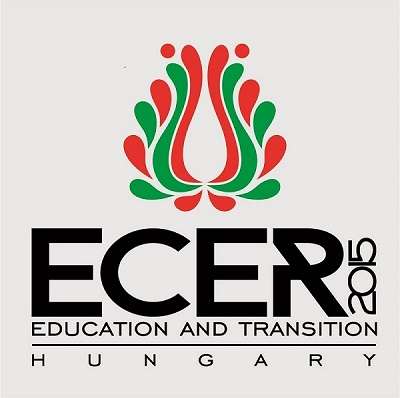Can Education Change Society?
Thursday, 10 September, 14:00 - 15:00
Location: XI. Andorka Rudolf Előadóterem [C]
One of the fundamental questions that guides a good deal of educational policy is whether education can change society or at least play a significant role in such transformation. Over the past decades, neo-liberal and neo-conservative agendas have answered this question with a resounding "yes." They have pushed education in particular directions as part of a larger project of social and cultural transformation. The effects of these agendas have been powerful. Many progressive groups have been more equivocal in their response, either assuming that education can only mirror what is happening in the economy or education can only change when there are significant economic transformations. I will examine these arguments and outline a different way of asking and answering this question in both policy and practice.
About Michael W Apple
Michael W. Apple is the John Bascom Professor of Curriculum and Instruction and Educational Policy Studies at the University of Wisconsin-Madison and Distinguished Professor of Educational Policy Studies at Northeast Normal University in China. He also holds Professorial appointments at the University of Manchester and the Institute of Education, University of London. Professor Apple has been selected as one of the fifty most important educational scholars of the 20th Century. His books Ideology and Curriculum and Official Knowledge were also selected as two of the most significant books on education in the 20th Century. He has been awarded a Lifetime Achievement Award by the American Educational Research Association, the UCLA Medal for "Outstanding Academic Achievement," and a number of honorary doctorates by universities throughout the world.
Professor Apple has written extensively on the politics of educational reform and on the relationship between culture and power.
Recent books:
- Can education change society? New York: Routledge, 2013.
- Education and power. 3rd edition. New York: Routledge, 2012.
- Official knowledge. 3rd edition. New York: Routledge, 2014.
ECER 2015

